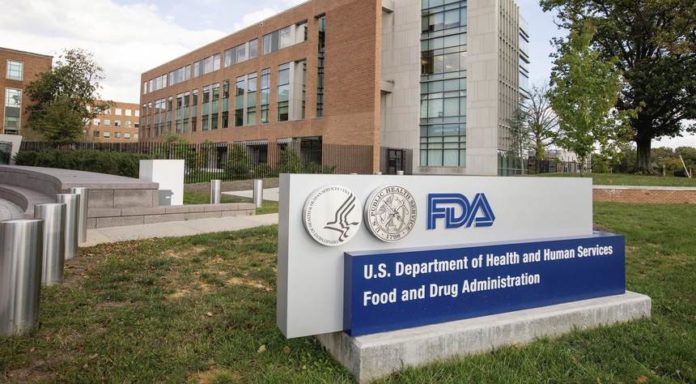After a string of self-inflicted mishaps, the Food and Drug Administration is now in damage control mode. These include the baby formula crisis and the backlash that followed its proposed changes to tobacco policy.
The FDA announced that it would be completing a review of its tobacco and food programs, less than a month after it hired an MSNBC talk head to help with agency public messaging efforts. The independent Reagan-Udall Foundation will conduct the review. FDA Commissioner Robert Califf is pushing for increased authority despite continuing missteps.
Like other blame-shifting efforts of the Biden Administration the agency is quick and easy to attribute to policy failures and messaging mistakes. It’s no surprise that the White House is trying to divert negative media attention from the ongoing crisis at the U.S. Southern border.
This approach is flawed because it does not take into account science. These measures are political maneuvers to distract from the Biden Administration’s inability to score wins with its base before what is expected to be an overwhelming midterm election for Democrats.
Holman W. Jenkins Jr., recently pointed out in The Wall Street Journal that the agency’s plans for reducing nicotine in cigarettes will only encourage smokers to “light up more frequently and puff harder to get the desired nicotine rush.” The Juul ban, on the other hand, forces “from the marketplace the most popular consumer product that allows people nicotine without side effects.”
This is not anecdotal. Public Health England (the British equivalent to the Centers for Disease Control, CDC) has this information.
E-cigarettes are 95% safer than regular cigarettes. This is due to the toxic chemicals and tar that are released when you smoke tobacco. Not nicotine. Studies have also shown that vaping can be used to help quit smoking. As Americans witnessed during the coronavirus pandemic in the USA, many of the so-called “public safety” mandates that the current administration has implemented are driven by politics and not science or data.
These policies, which are disproportionately targeted at African Americans and low-income communities–both of which the White House has pledged to protect–are bizarre. They also pose a threat to the health of the White House’s staff. The CDC reports that menthol cigarettes are preferred by approximately 85 percent of Black smokers to those of lesser quality. This compares with just 30 percent of white smokers. This imbalance makes Black communities more likely to have violent interactions with the police, despite President Biden’s pledges to eliminate “systemic racism” in our criminal justice system.
Since May 2021, the credibility of the FDA has been in doubt. Only 37% of Americans said they have a lot of trust in the agency. This number will be further reduced by the latest actions of the Biden Administration to ban tobacco products, which comes amid a string of policy failures that are unrelated. Inflation has risen to double digits in the United States amid economic turmoil. Biden’s decision not to ban menthol cigarettes or Juul devices is both politically irresponsible and ethically unacceptable.




